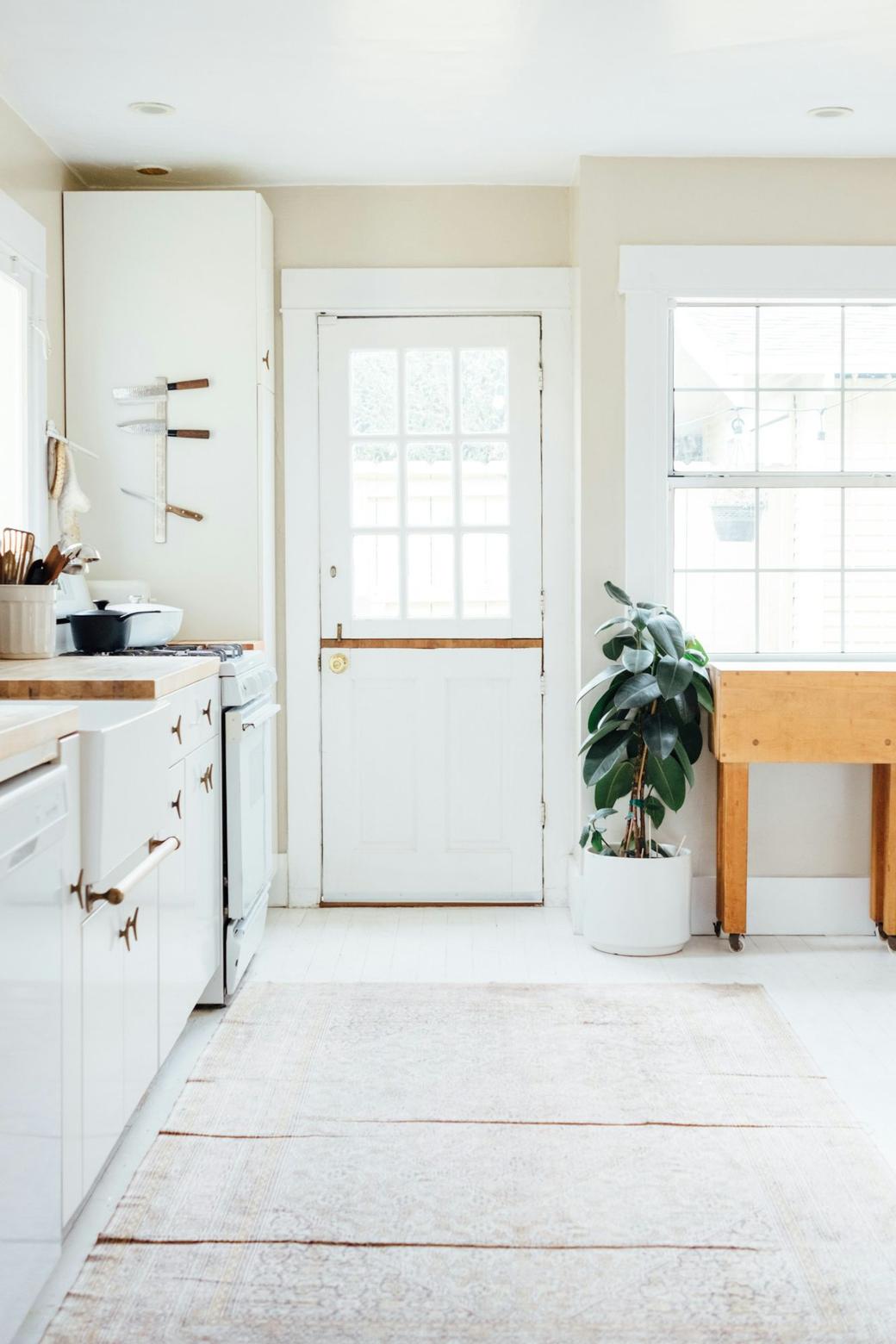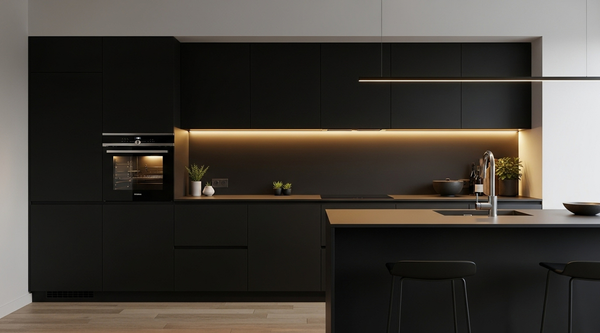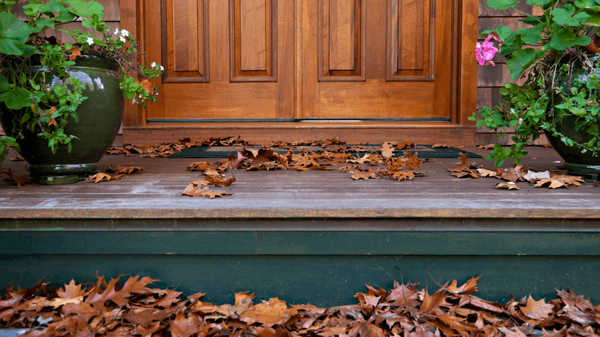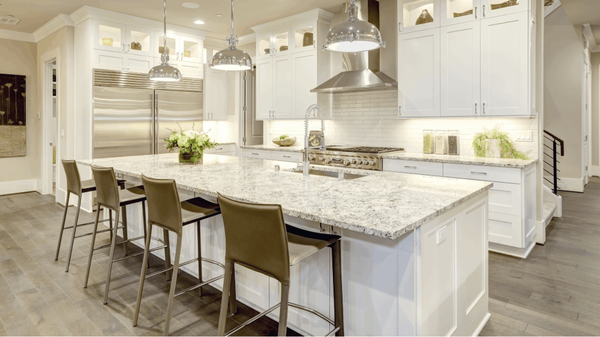Ultimate Pet Odor Solution: Your One-Stop for a Fresh-Smelling Home

Living with pets is like having extra family members. They bring happiness, but sometimes they bring unwanted smells too. Whether it's wet dog odor, musty fur, or litter box stink, these smells can linger in your home. Here are some simple tips to help freshen things up.

- Zeolite: Natural Solution!
What is Zeolite?
Ever heard of zeolite and wondered what it is? Zeolites are special minerals made of hydrated aluminum silicates. These unique structures were first identified in the 18th century. Initially, they were found near volcanic rock and ash. While natural zeolites are not very common, scientists have been able to create synthetic versions for quite some time.
Understanding Zeolites
What exactly do zeolites do? These minerals have tiny spaces inside where other molecules can fit. Scientists can create synthetic zeolites with specific spaces for different purposes. Plus, they have a special ability to absorb many things, including odors.
Dealing with Pet Odors
Pet smells can be tough to get rid of because they can seep into fabrics, carpets, and even paint. Before using zeolites for pet odors, it's important to make sure surfaces are clean. If you have rugs or carpets with strong odors, start by cleaning them with a carpet cleaner. Then, use carpet powder to freshen them up. For homes without carpets, make sure to clean the floors thoroughly too.
Using Zeolites
To tackle pet odors, simply place zeolite rocks in a bowl and put them in areas where odors are strong. This method works particularly well in small rooms with lingering pet smells. Leave the bowl there for a few days to allow the rocks to absorb odors from walls, floors, and fabrics.
Did you know that zeolites can tackle more than just pet odors? These handy minerals can also combat other unpleasant smells around your home, including smoke, garbage, musty scents, and spoiled food odors.
How to use Zeolites?
To target strong odors, simply place a bowl of zeolites in the affected area. You can even place a bowl in your refrigerator if it's emitting a bad smell.
Recharging Zeolites
After using zeolite rocks, you can recharge them to keep them effective. Place the rocks on a metal baking sheet and leave them outside in direct sunlight for a day. Then, leave them outside overnight to ensure thorough recharging. This process removes trapped odors and allows the zeolites to work again.
Maintenance and Replacement
You can recharge zeolite rocks every 6-8 months to maintain their effectiveness. If you notice that they're not absorbing odors as well after recharging, it may be time to replace them. Naturally mined zeolites tend to last longer than synthetic ones, but even synthetic zeolites are affordable and easy to replace.
Choosing the Right Size
Larger zeolite rocks are easier to recharge and last longer. However, smaller rocks work well in smaller spaces. While it's been harder to find large zeolite rocks lately, smaller ones still work effectively.

- Baking Soda: Odor Absorber, Dog Deodorizer, and Scrub
Baking soda, the same ingredient used in baking, is a valuable and affordable cleaning product. Known for its odor-absorbing and gentle scrubbing qualities, it's a must-have, all-natural cleaner for your home.
How Does Baking Soda Work?
Pet urine is usually acidic, which makes it smell bad. Baking soda is a base, and when combined with acidic pet urine, it neutralizes the odor, making the smell disappear.
Baking Soda Scrub
To clean countertops, stained sinks, and pet bowls, make a simple scrub. Mix equal parts of baking soda, warm water, and salt to form a thick paste. Use a sponge or rag to scrub the inside and outside of the dish or bowl in a circular motion. Rinse well with warm water.
Odor Absorber and Dog Deodorizer
Baking soda is a natural deodorizer for both your home and pets. For carpets or rugs, lightly sprinkle baking soda, let it sit for 15 to 30 minutes, and then vacuum it up. To deodorize your dog, rub a handful or two of baking soda into their coat, depending on their size.

- Simple All-Purpose Floor Cleaner: Vinegar and Water
Why Use a Vinegar Cleaning Solution?
Vinegar is loved for cleaning because it's non-toxic, eco-friendly, cheap, and effective. The acetic acid in vinegar gives it its strong smell and sour taste, and also its cleaning power. This acid can cut through dirt, mineral deposits, and hard-water stains. It also has mild disinfectant properties, though it's not strong enough for thorough disinfection.
Cleaning Hard Floors with Vinegar
If you have wood floors, ceramic tiles, linoleum, or vinyl flooring, use a vinegar and water solution instead of chemical cleaners. Mix 1 cup of vinegar with 1 liter of water and mop your floors. No need to rinse. For extra shine, mop again with club soda after it dries. This solution is great for cutting through grease and grime, whether from pets or other sources. It can also clean your dog's plastic or rubber toys, grooming tools, and other non-porous surfaces. The vinegar-water mix can be stored for later use.
How to Clean Your Hard Floors with Vinegar?
Vacuum First: Remove all dirt and dust, especially on hardwood floors, to prevent scratches.
Make the Solution: Mix 1 cup of vinegar with 1 liter of water.
Mop the Floors: Use a damp, not wet, mop. For hardwood floors, wring out the mop as much as possible to avoid water damage.
Let It Dry: If the mop is just damp, the floor will dry quickly.
Safe Cleaning Tips
If you use a floor cleaner with chemicals, mop or rinse well with warm water afterward.
Keep pets off wet floors until they are dry. Pets groom themselves with their tongues, and you don't want them ingesting anything harmful.
Categories
Recent Posts











